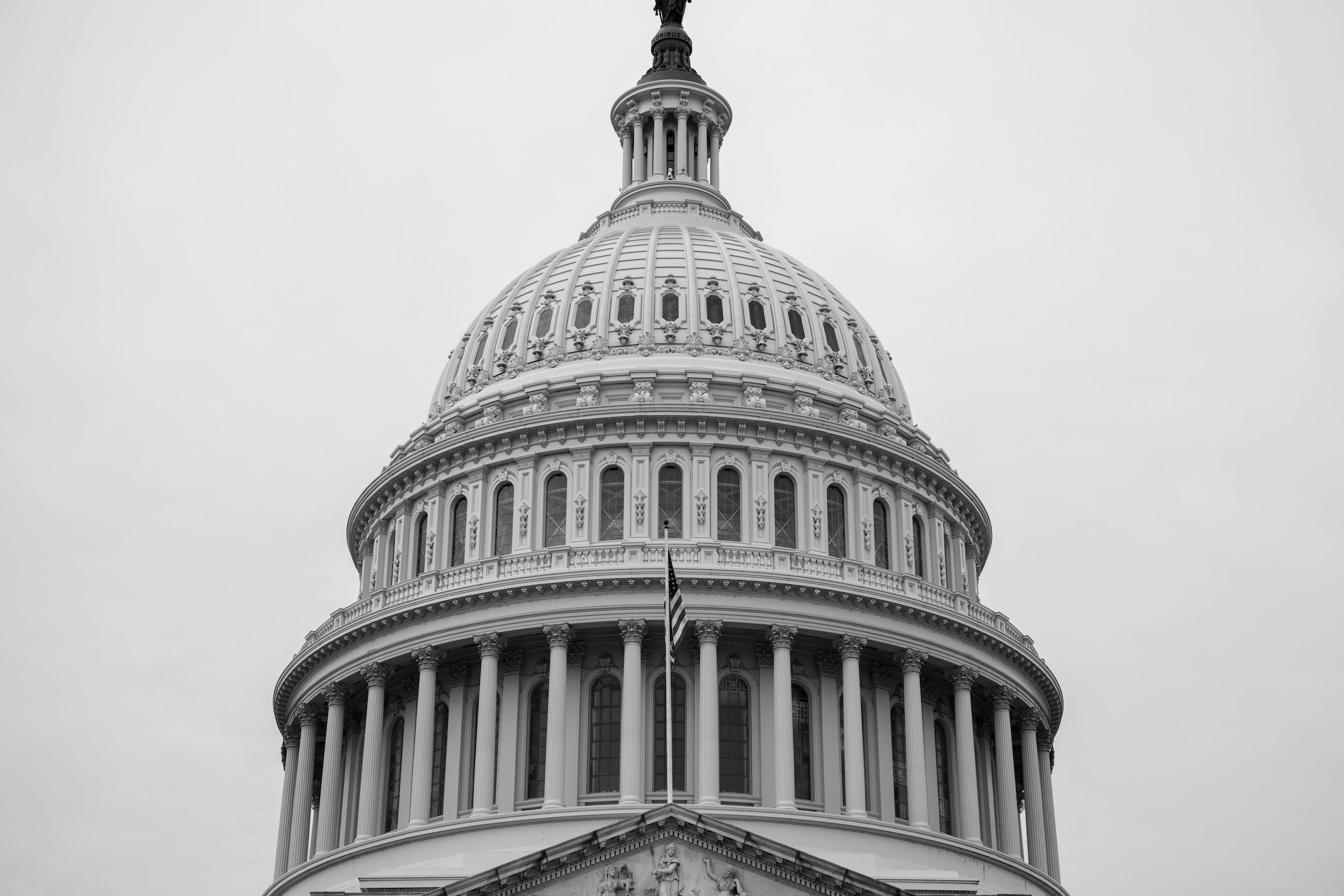The plaintiff’s prima facie burden in a retaliation case is to (1) show he or she engaged in a protected activity, (2) the employer subjected the employee to an adverse employment action, and (3) a causal link exists between the protected activity and the employer’s action. (McRae v. Dept. of Corr. & Rehab. (2006) 142 Cal. App. 4th 377, 386). Once the plaintiff has established a prima facie case of retaliation, the defendant must provide a legitimate, nonretaliatory explanation. The burden then shifts back to the plaintiff to show this explanation is merely a pretext for the retaliation. (Morgan v. Regents of University of California (2000) 88 Cal.App.4th 52, 68–9.)
An employer is prohibited from retaliating against a complainant who made “a bona fide oral or written complaint to his employer of unsafe working conditions, or work practices, in his employment or place of employment.” (Labor Code § 6310(b).) In order to be protected against discharge, a complainant need only make a good faith complaint about working conditions that he believes to be unsafe. (Cabesuela v. Browning-Ferris Industries of California, Inc. (1998) 68 Cal.App.4th 101, 109; Hentzel v. Singer Co. (1982) 138 Cal.App.3d 290, 299.)






